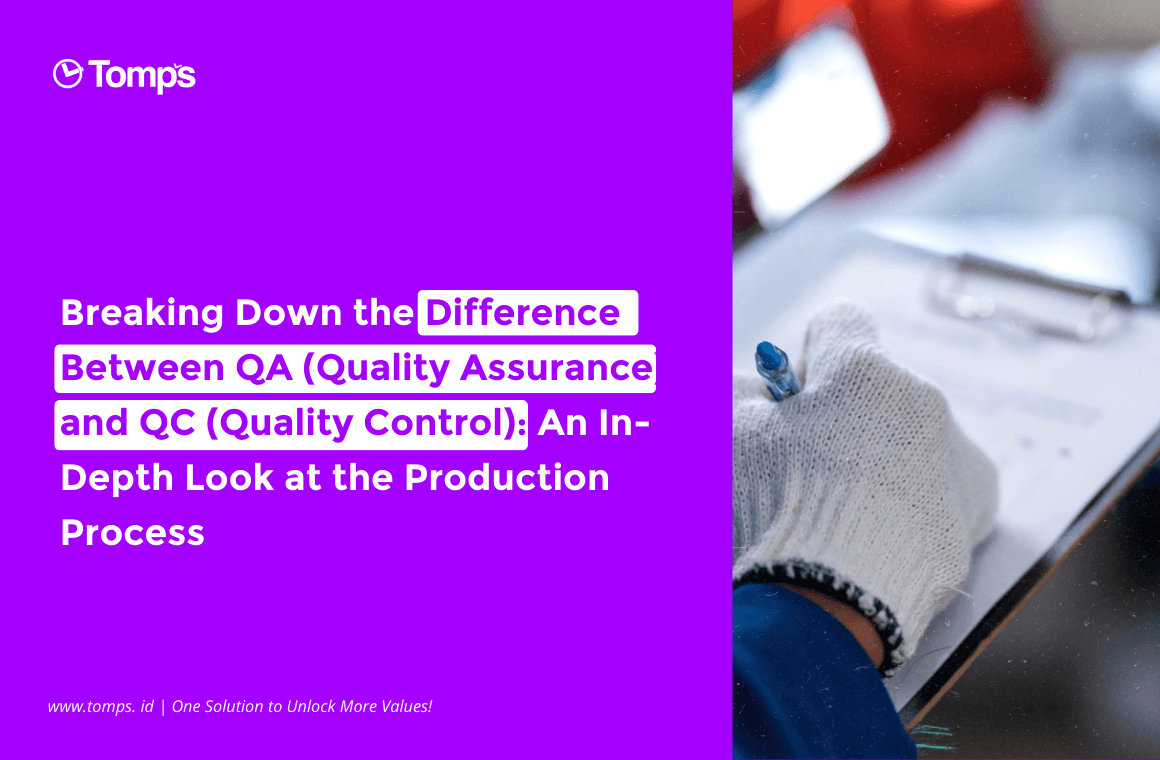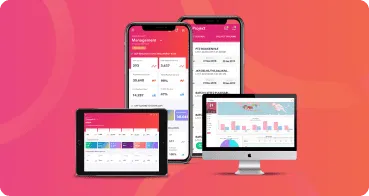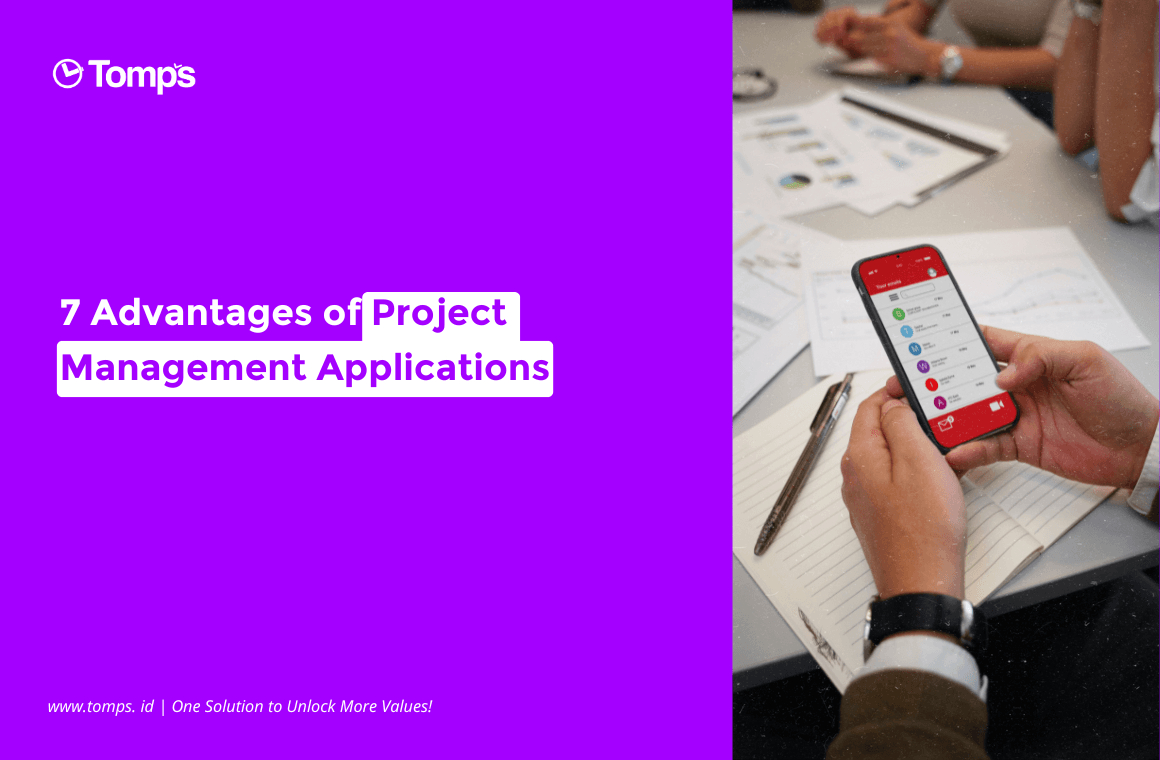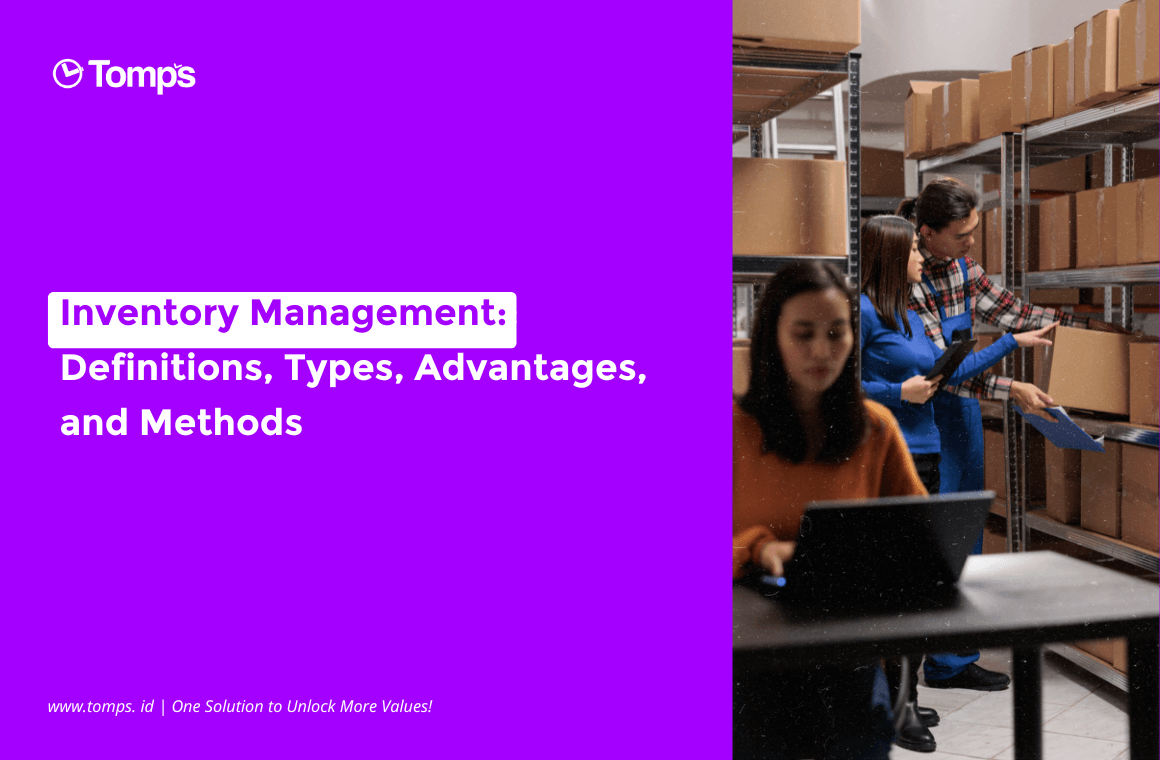No business wants to release a product full of defects. Businesses prioritise product quality so that customers are satisfied and loyal. Therefore, QA and QC are required for all products released. So what is the difference between QA and QC? In order to understand it, first look at the definitions of the two below.

What are QA and QC?
QA QC and QA are two important things in the production process that must be in place so that the product results match the company's expectations. QA is an abbreviation of quality assurance, which is part of quality management. QA involves a series of activities and procedures that occur during product development to ensure the released product is of high quality. QC is an abbreviation of quality control, which is a process in a business that seeks to ensure that product quality is maintained or improved. The QC process involves testing the product and determining whether it meets the specifications of the final product. In QC, the team ensures that the products developed meet the company's quality standards.
Difference between QA and QC
If there is confusion between the meanings of QA and QC, it is normal; there is even debate between the tasks included in QA and QC. To know the difference between QC and QA, remember that QC is part of QA, which explains why the two often overlap. But of course, there are some very clear differences in distinguishing between QA and QC. Here are the five main differences between QA and QC:
- Proactive and Reactive QA starts at the beginning of the project; it includes some very necessary constraints to keep the project within scope and make it testable. The goal of QA is to build a framework to minimise disruption from the start. QA influences how quality will be included and guaranteed in a product, so it is proactive. In contrast to QC, which is reactive. QC is required after the product is developed. QC will identify if there is damage to the product and repair it as much as possible. If a defect occurs in many products, then perhaps something needs to be repaired.
- Time to carry out QA and QC QA is carried out during the Software Development Life Cycle (SDLC) process. QA is not a stage in product development but is a continuous effort to encourage and ensure product quality. Of course, it is different from the QC implementation time. The QC process can only be carried out when a product has been physically developed. QC may be carried out two times, namely before the product is released or after the product is released.
- Process vs. Product One of the main differences between QA and QC is the focus of both. QA primarily focuses on processes and procedures that improve quality, including training, documentation, monitoring, and auditing. Meanwhile, QC focuses on the finished product to find any defects that occurred after development. Experts in the QC field will find product defects in various ways. For example, software testing, beta testing, and so on.
- Preventing Product Defects vs. Finding Product Defects A development process that is carried out solidly will prioritise quality, such as test-based development. As a result, the number of damaged products will be fewer, and more products will pass the QC stage. Damaged products may not even reach customers' hands. This is the goal of QA, namely preventing damage through collaborative practices to align teamwork. Meanwhile, the goal of QC is to identify whether a product is defective, even though it has gone through the QA process from the start. The emphasis is different, but actually the end goal is the same, namely to get a product that is without defects.
- Who Does QA and QC
QA is an effort carried out by a single company. So the business, product development, and testing sectors must work together to find the right parameters for product quality. QA helps product development so that it can pass QC. Meanwhile, QC is carried out specifically by a QC team that is made up of experts in testing products to see whether they comply with the standards set by the company.
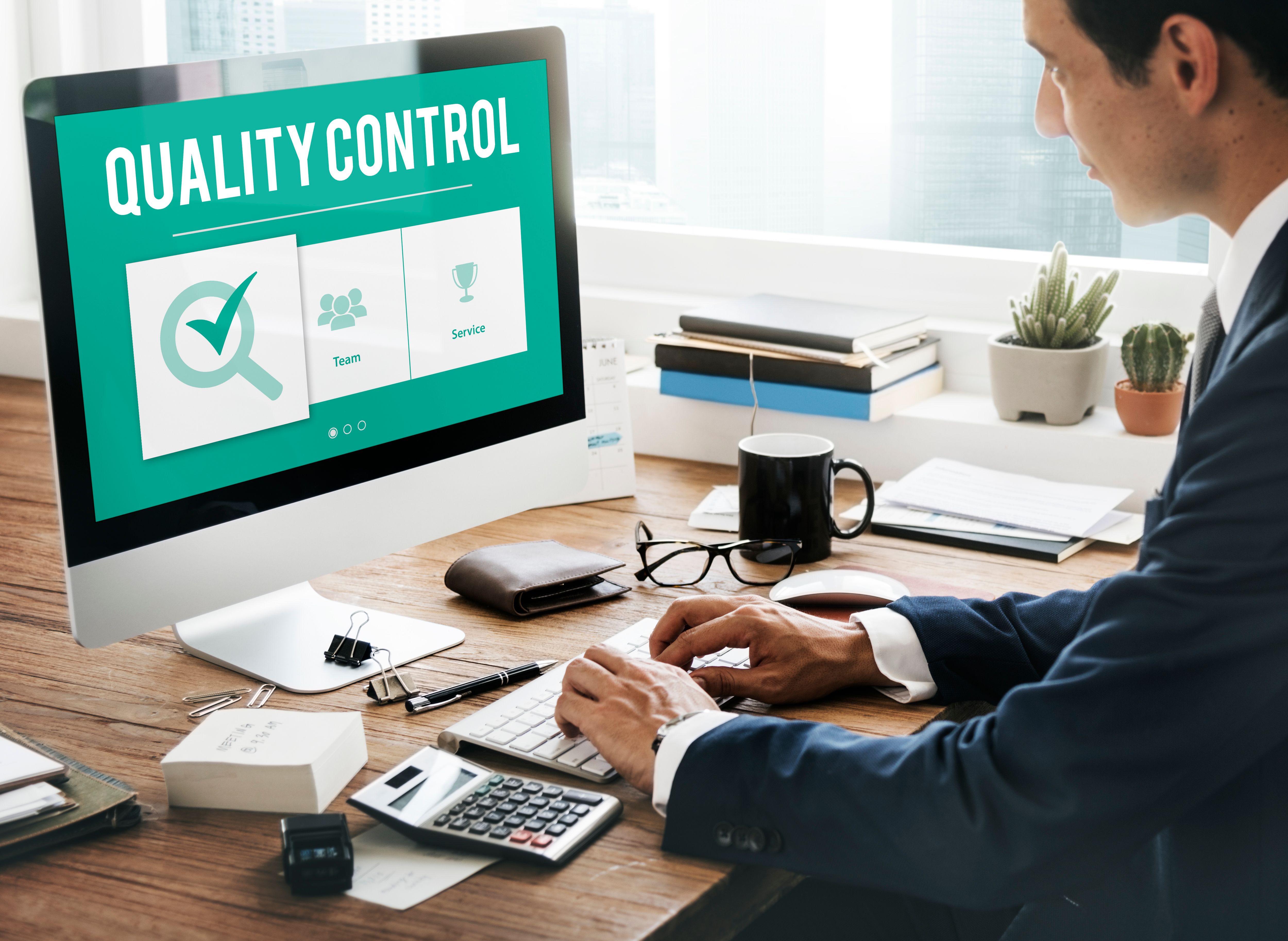
QA and QC equations
QA and QC do have some differences, but they are not competing but are connected to each other. Following are some similarities between QA and QC:
- Ensure high-quality products Every business cannot just release a product and hope for the best. QA helps the business strategize how to get closer to the expected quality, while QC helps ensure the product is according to plan. Both QA and QC have an important role in producing good products, and the company can earn income.
- Use appropriate policies and procedures. QA is more process-oriented, while QC is results-oriented. Even though they are different, both of them definitely follow the standards set by the company. and to guarantee high product quality. QA and QC are both carried out based on appropriate policies and procedures.
- Mitigate major problems and costs Product defects may be very small, or they may be very large and can even threaten the business. The earlier a company can detect defects in the business, the easier it will be to overcome the problem. But the closer a defect gets to the customer's hands, the more difficult it will be to fix it. QA and QC both aim to reduce costs. QA focuses on creating policies to detect problems early. Meanwhile, QC focuses on finding and repairing defects that occur in finished products.
- Requires costs and time A company can have internal or external QA and QC teams. What is certain is that both require costs and time to implement and get good results. If you want results that match expectations, then the company must have quality personnel and tools to ensure the process of making policies and finding product defects runs smoothly. These two processes must be a priority and should not be rushed.
The difference between QA and QC is very clear; both are necessary in producing any type of product. Even though they are different, the two are interconnected. There needs to be transparency so that the QA and QC processes can be well connected. Tomps by Telkom Indonesia is here as a digital solution that facilitates communication and transparency in company management. Tomps offers a variety of highly strategic smart features for planning, projects, assets, and various other things in companies of various sizes and industrial sectors. Improve business performance according to your needs with Tomps; just visit the Tomps website to get a demo.


